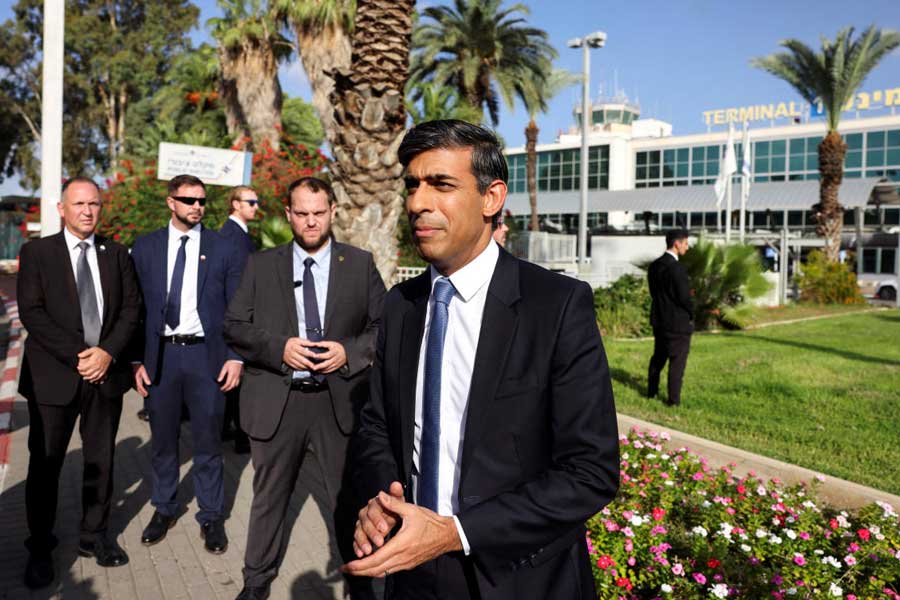Not for the first time in recent years, Britain is in political turmoil. Last week, the British prime minister, Rishi Sunak, sacked his home secretary, Suella Braverman, after she publicly accused the Metropolitan Police, which serves most of Greater London, of playing favourites with pro-Palestinian protesters amidst Israel’s war on Gaza. The foreign secretary, James Cleverly, was moved to the home office and, in a surprise move, Mr Sunak brought the former prime minister, David Cameron, out of political retirement and appointed him as the new foreign secretary. Yet, while the war in the Middle East might have served as the backdrop for this cabinet reshuffle, Mr Sunak’s latest moves are clearly focused on the message he wants to send to Conservative Party voters ahead of the upcoming general elections that must be held by January 2025. Ms Braverman, who has been fired from the same job twice, represents the far-Right within the party that has been goading the government to embark on tougher policing and anti-immigration rules that, she argues, are essential to ensure the country’s security and uphold the rule of law. Mr Cameron, on the other hand, stands for more moderate conservatism: he opposed Brexit and, in fact, left office after his position was defeated in the 2016 referendum that severed Britain from the European Union.
But Mr Cameron’s appointment does not mean that Mr Sunak is shifting his policies more towards the centre. Indeed, after the Supreme Court ruled last week that his government’s plan to ship undocumented refugees to Rwanda was illegal, Mr Sunak doubled down and announced that he would bring a law to circumvent the ruling. In effect, the British prime minister is telling his conservative constituency that he intends to pursue many of the same policies that Ms Braverman championed but with the stamp of stability — as opposed to chaos — that an old-school politician like Mr Cameron represents. It is unclear whether this strategy will work in a party that is deeply divided and is on a losing streak in local polls. If there is any silver lining for Mr Sunak, it lies in the fact that the Opposition Labour Party is similarly fractured, especially over Israel’s current war. One year is a long time in politics, and
Mr Sunak will hope he can steady his ship by the time elections come around. Mr Cameron’s appointment is a first step in that direction.











